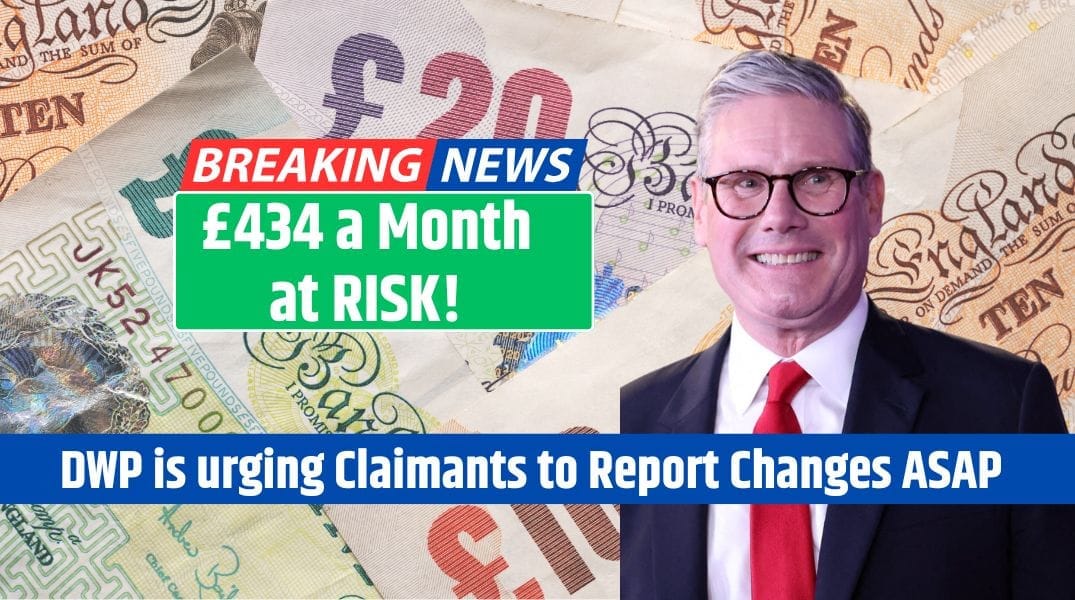The days of feeling secure about reasonable ATM fees are shifting as Visa, Mastercard, and major U.S. banks like JPMorgan Chase, Wells Fargo, and Bank of America agreed to a historic settlement. Following years of consumer frustration over inflated ATM fees, this settlement will compensate millions of customers who were unfairly charged.
This legal victory addresses claims that these financial giants conspired to drive up ATM fees, limiting competition and burdening consumers across the U.S.
Compensating Consumers
The lawsuit alleged that Visa, Mastercard, and several large banks manipulated the ATM fee market. They were accused of collaborating to keep ATM fees artificially high, which forced consumers to pay more, particularly when using ATMs outside their bank’s network.
By stifling competition, these actions led to exorbitant fees for basic transactions, causing significant financial strain for millions of people.
Impact on Consumers
The impact of this collusion on consumers was extensive, forcing people to pay higher fees to access their own money. Here’s how it affected consumers:
| Impact on Consumers | Details |
|---|---|
| Violation of Antitrust Laws | The actions violated federal antitrust laws, which protect competition and consumers. |
| Excessive Fees | Consumers were forced to pay inflated ATM fees when using ATMs not affiliated with their banks. |
| Limited Options | Consumers had fewer choices to find lower fees, due to the lack of competitive pricing in the market. |
Settlement Breakdown
As part of the settlement, a total of $197.5 million will be distributed to consumers affected by the inflated fees. Consumers who conducted transactions at ATMs between October 1, 2007, and July 26, 2024, are eligible to receive compensation.
| Settlement Details | Amount |
|---|---|
| Total Settlement | $197.5 million |
| Eligible Transactions Period | October 1, 2007 – July 26, 2024 |
| Who Is Eligible | Consumers using ATMs outside their bank’s network during this period. |
Consumers are now receiving notifications encouraging them to file claims to recover their share of the compensation. This is a critical step toward addressing the financial harm they suffered due to the artificially inflated ATM fees.
Importance of the Settlement
This settlement represents not just a victory for consumers but also a significant step forward for the financial industry. Here’s why this case matters:
Legal Precedents
The ruling sets an important precedent for enforcing antitrust laws in the financial sector:
- It signals stricter oversight of payment networks and banks.
- The decision holds large financial institutions accountable for market manipulation, which could lead to increased competition.
Industry Practices
As a result of this settlement, Visa, Mastercard, and the banks involved may need to alter their business practices:
- There could be lower fees and better transparency in ATM charges.
- The industry may shift toward more competitive pricing, which benefits consumers in the long run.
Future of ATM Fees
As this settlement unfolds, consumers may wonder whether ATM fees will become more reasonable. The hope is that this decision will lead to fairer fees and increased transparency, allowing consumers more choices and better options when withdrawing money.
Potential Effects of the Settlement
| Outcome | Impact on Consumers |
|---|---|
| Lower ATM Fees | Greater competition could result in lower fees. |
| Increased Transparency | Banks may offer clearer, more transparent pricing on ATM fees. |
| More Consumer Choice | Competition may provide consumers with more ATM options at lower prices. |
Consumer Advocacy
This landmark settlement highlights the power of consumer advocacy. When large corporations are held accountable, consumers can benefit from significant changes. The case demonstrates that collective action can lead to substantial financial relief and prevent future exploitation.
Key Takeaways
- Financial Relief: Consumers affected by excessive ATM fees will receive compensation.
- Corporate Accountability: The settlement holds financial institutions responsible for unfair practices.
- Consumer Empowerment: It underscores the importance of consumer voices in driving change and protecting financial rights.
The Visa, Mastercard, and U.S. bank settlement not only offers financial compensation for unfair ATM fees but also sets the stage for more transparent and competitive pricing in the future. Consumers should keep an eye on how the financial sector adapts to this ruling, as it could pave the way for fairer financial services overall.
FAQs
Who is eligible for the ATM fee compensation settlement?
Consumers who used ATMs outside their bank’s network between October 1, 2007, and July 26, 2024.
How much is the total settlement amount?
The total settlement is $197.5 million, distributed among eligible consumers.
Why were Visa, Mastercard, and banks sued?
They were accused of conspiring to inflate ATM fees, violating antitrust laws by limiting competition.
How will the settlement affect future ATM fees?
The settlement could lead to lower fees and more transparent pricing across the financial industry.
How do antitrust laws apply in this case?
Antitrust laws were violated as the financial institutions allegedly conspired to manipulate ATM fees, stifling competition.











